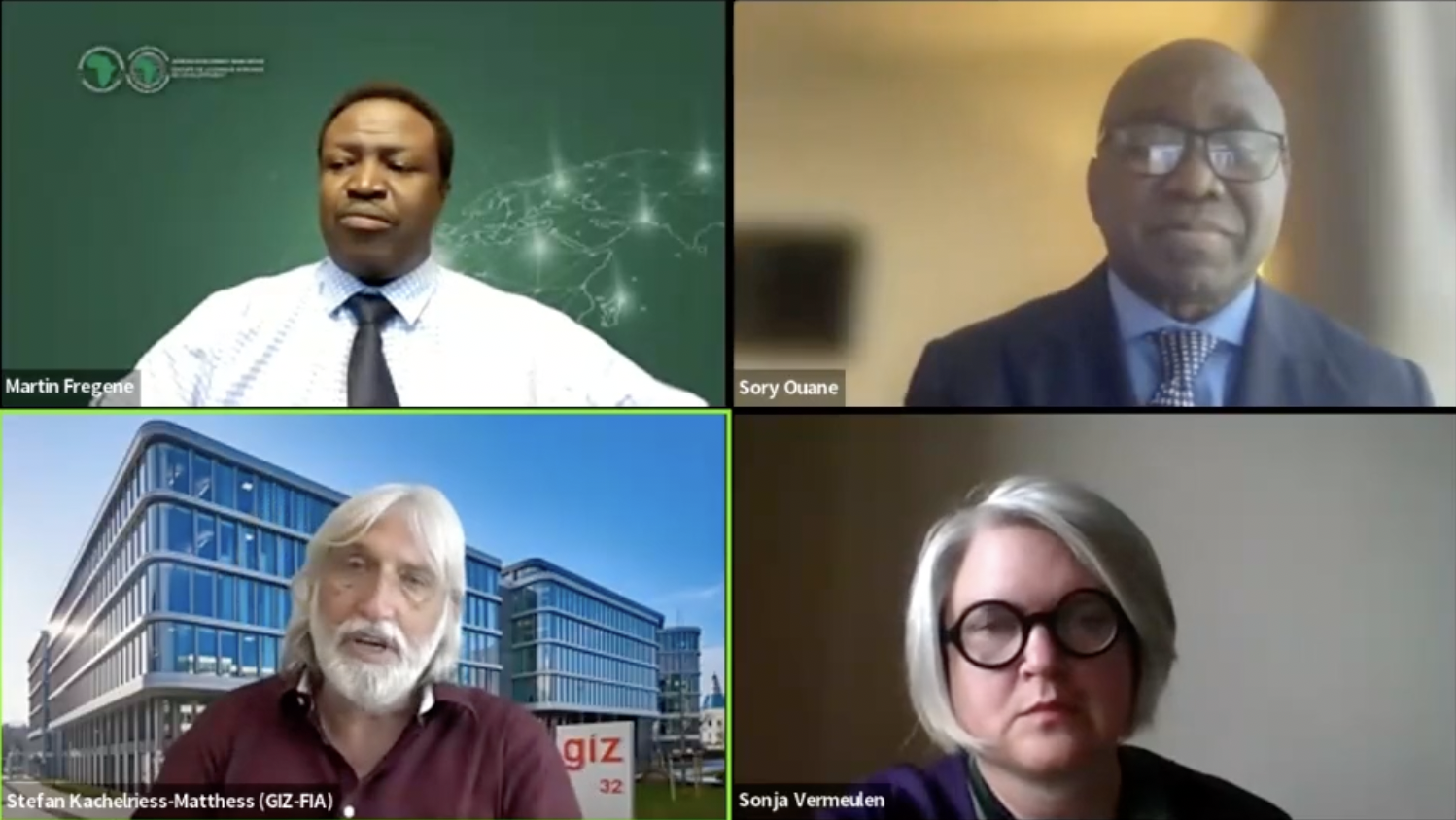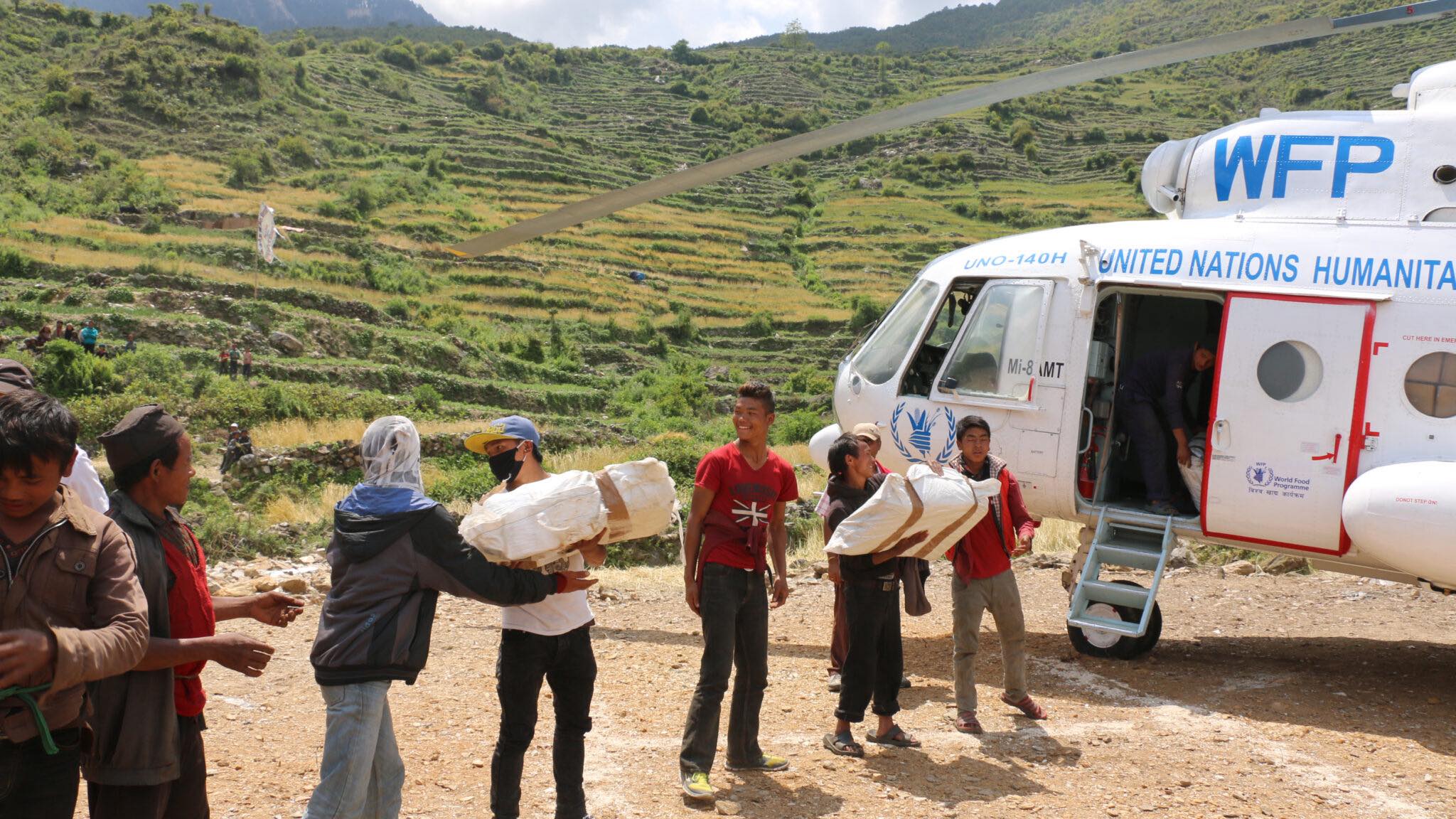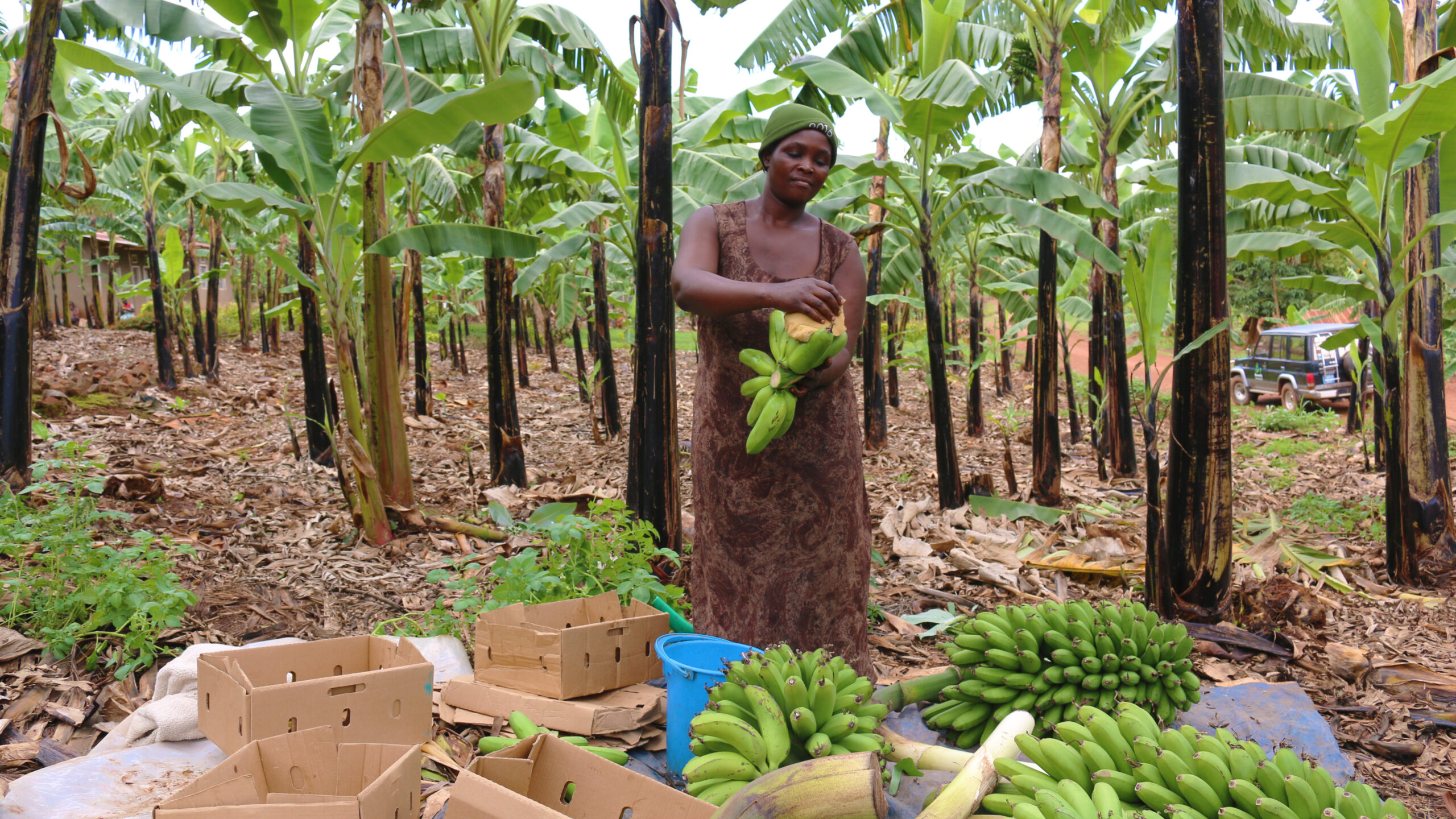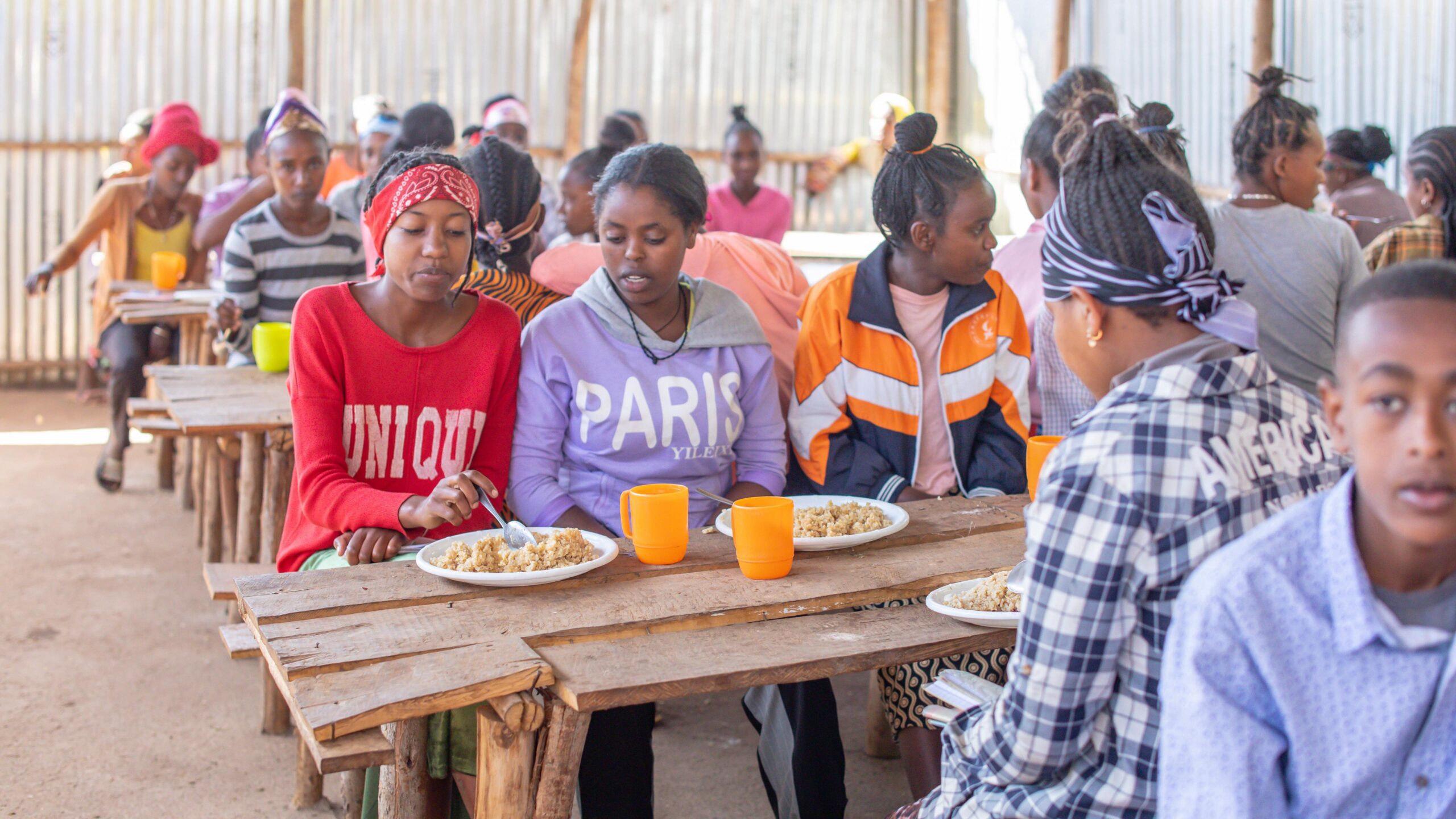The Russian war on Ukraine has sent shockwaves through the global food system, disrupting markets and supplies, particularly of wheat and grains, and contributing to high food prices. The strongest impacts will be felt by the poorest in Africa, the Middle East, and the Asia-Pacific regions; the conflict could put an additional 47 million people at risk of acute hunger worldwide, according to the World Food Program.
A July 25 policy seminar organized by the German Federal Ministry for Economic Cooperation and Development (BMZ), CGIAR, and IFPRI, and supported by GIZ, analyzed the impacts of the war on food security in low- and-middle-income countries, and policy and research responses. Speakers highlighted the work of the Global Alliance for Food Security (GAFS)—a new initiative formed to expedite and coordinate the response to the crisis—and showcased how CGIAR’s immediate and longer-term responses can support policy initiatives.
“Five months ago, Russia invaded Ukraine. This is a humanitarian disaster, causing terrible suffering and destruction with dramatic repercussions far beyond Ukraine’s borders,” said Sebastian Lesch, BMZ Head of Division, Sustainable Agricultural Supply Chains, International Agricultural Policy, Agriculture, Innovation.
“Shortages of food, fertilizer, and other agricultural products have fostered a perfect storm for another humanitarian disaster.” That’s how Martin Fregene, Director of Agriculture and Agro-Industry at the African Development Bank (AfDB), described it. “And yet,” he said, “every crisis also presents an opportunity to take prompt action.” For instance, in late May, the AfDB launched the African Emergency Food Production Facility, a $1.5 billion crisis intervention to increase countries’ local competitive production of wheat, maize, rice, and soybeans to compensate for lost supplies, strengthen access to finance and investment, and create incentives for an enabling policy environment.
“The triple crises of conflict, COVID and climate change are dramatically exacerbating existing food security challenges in previously unknown magnitudes,” Lesch said. For this reason, initiatives such as GAFS, launched at the G7 Development Ministers’ meeting in May, are an important part of creating a joint, coordinated, global platform to respond to this multidimensional crisis.
One CGIAR, with its 2022-24 portfolio of Initiatives based on its 2030 Research and Innovation Strategy, is ideally positioned to inform short term crisis responses and the necessary long-term transformation of agrifood systems.
In addition to introducing real-time food security monitoring and early warning systems, Johan Swinnen, Global Director, One CGIAR Systems Transformation Science Group and IFPRI Director General, said that mechanisms for policy analysis and advice must be put in place to guide stakeholders, advise governments and international organizations. Analysis and advice should contribute to repurposing existing policies and building country capacity for a more long-term institutional infrastructure that can respond to future crises.
One CGIAR Global Director for Genetic Innovations Sonja Vermeulen highlighted the importance of improved seed systems. A variety of climate-smart crops, for example adapted to warmer temperatures, could not only help to reduce hunger in the future, but can also make diets more nutritious.
The current crisis is also having many regional impacts that need attention, said Martin Kropff, One CGIAR Global Director for Resilient Agri-Food Systems. One of the biggest problems is accessibility to affordable fertilizers. Through its Excellence in Agronomy (EiA) initiative, CGIAR seeks to improve the productivity and self-sufficiency of smallholder farmers by providing site-specific agricultural data analytics that enhance efficiency of fertilizer application. CGIAR is working closely with national agricultural research and innovation systems (NARIS) across different countries to strengthen in-country research capacity in the Global South.
While short-term relief is crucial to address impacts of the war in Ukraine, medium- and long-term strategies are also essential to better absorb future shocks, said Francine Picard Mukazi, Co-founder and Director of Partnerships at the Shamba Centre for Food & Climate.
Creating domestic solutions focused on fertilizers to support local food production and shorten the global supply chain must be on the agenda, said Sory Ouane, Senior Adviser to the Chief Executive Officer of the African Union Development Agency (AUDA)-NEPAD.
In conclusion, BMZ Senior Policy Officer Felicitas Röhrig observed that in order to offer evidence-based, innovative and context specific solutions, effective relationships between research, politics and development must be strengthened.
Maike Hamacher is an intern with the Fund for International Agricultural Research (FIA), GIZ; Birthe Paul is an advisor on sustainable agri-food systems, Sector Project Agriculture, GIZ.







